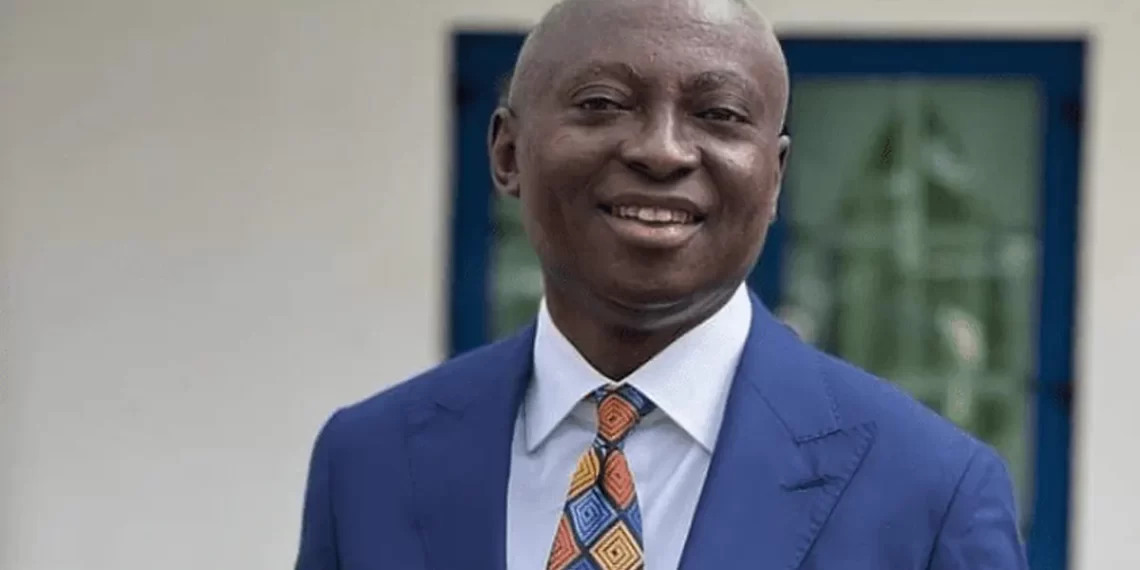The legal adviser to Rev. John Ntim Fordjour, Samuel Atta Akyea, has strongly criticized the recent deployment of National Intelligence Bureau (NIB) officers to the residence of the Assin South MP, describing the move as a dangerous attempt to undermine Ghana’s 1992 Constitution and parliamentary independence.
Speaking on Joy FM’s Top Story on Wednesday, April 9, Atta Akyea, a seasoned lawyer and former Member of Parliament, expressed grave concern over what he called the unconstitutional conduct of the security operatives. He warned that the incident could set a precedent that threatens the very foundation of free speech in Ghana’s legislative process.
“For my part, I believe there is a serious attempt to undermine the Constitution and probably gag the minority in Parliament,” Atta Akyea stated.
The controversy arises from remarks Rev. Ntim Fordjour made on the floor of Parliament, where he alleged that two aircraft recently visiting Ghana may have been involved in drug trafficking and money laundering. The NIB reportedly sought to arrest the MP at his residence to assist with investigations, an action Atta Akyea insists violates parliamentary privilege.
Citing Article 115 of the 1992 Constitution, he emphasized that statements made by Members of Parliament during official proceedings are protected and cannot be questioned outside of Parliament.
“The matters emanated from Parliament. If you play regard to Article 115 of the 1992 Constitution, it provides that there shall be freedom of speech, debate, and proceedings in Parliament, and that freedom shall not be impeached or questioned in any court or place out of Parliament,” he explained.
Atta Akyea further criticized the manner in which armed officers approached the MP’s home, questioning why laid-down parliamentary procedures were ignored.
“If there is a serious issue, all the authorities need to do is to notify the Speaker of Parliament, who will advise the Member to meet the appropriate investigative body,” he said, aligning with the Speaker’s earlier directive that any investigation involving MPs should be conducted within the precincts of Parliament to avoid undue interference with their work.
The attempted arrest has drawn wide condemnation from the Minority in Parliament and opposition leaders, who view it as a targeted political act designed to silence dissent.

